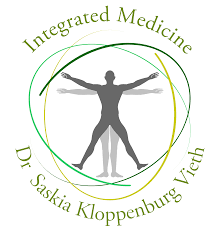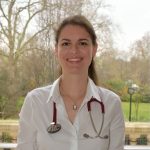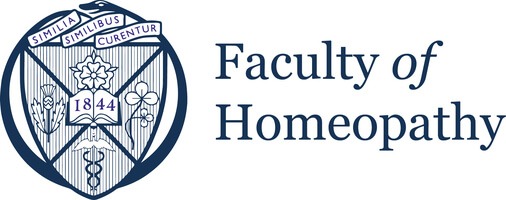What Is Holistic Medicine and how can help your well being?
Holistic medicine is a form of healing based on the belief that the body can heal itself. This is achieved by not only treating the symptoms as you would in traditional medicine but also treating the underlying causes of these symptoms. Holistic medicine practitioners consider the whole person, for example, they take into account the physical emotional and spiritual state of the person.
This is because they believe that a person is made up of interdependent parts. If one part is not working properly, this will affect the function of all other parts a bit like a car engine if a part of the engine fails cab render the car unusable even if everything else is working properly. In this way, if people have imbalances (physical, emotional, or spiritual) in their lives, it can negatively affect their overall health. Optimal health and wellness can therefore only be achieved by a proper balance in life.
A holistic doctor may use various forms of healthcare including conventional medication to complementary therapies such as homoeopathy and integrative medicine approaches, to treat a patient.
For example, If a person suffering from headaches, traditional medicine will treat the headache with paracetamol, a holistic doctor, however, will try to find the underlying cause for the headache and will investigate the person's other health problems and lifestyle, such as nutrition and sleep habits, stress and personal problems.
Principles of Holistic Medicine
Holistic medicine is based on the principle that a person is responsible for his or her own health and well-being. Other principles of holistic medicine include the following:
- People have natural healing powers.
- The patient is an individual and not a disease.
- Healing requires that the patient and the doctor work as a team using a holistic approach to address the individual's life using different forms of healthcare techniques.
- Treatment approaches target the root cause and not just their symptoms.
- Prevention is preferred and it is more cost effective.
- Illness is a manifestation of a dysfunction of the whole person, not as an isolated event.
- Holistic doctors encourage patients to use the healing powers of love, hope, humour and enthusiasm.
·
Holistic Medicine - Types of Treatments
Holistic practitioners evoke various integrated treatment techniques so that their patients can take responsibility for their own health. These techniques may include:
- Patient education on lifestyle changes such as diet, exercise, psychotherapy, relationship management and meditation
- Complementary and alternative therapies such as homoeopathy, iv drips, massage therapy, naturopathy, and others
- Conventional medications and surgical procedures
How is Holistic Medicine Different from Alternative Medicine?
Holistic medicine involves the balance of the mind, body and spirit for self-healing. Treatment of symptoms involves rebalances of these areas.
Alternative medicine or complementary medicine involves healing techniques like herbal medicine, biofeedback, acupuncture and other forms of treatment.
Benefits of Holistic Medicine
Holistic medicine addresses the root causes of any symptoms aiming to provide long term relates and not temporary like conventional medicine. The approaches being used by holistic practitioners are less likely to cause harm and they are significantly more cost-effective than drugs.
Where to Find a Holistic Practitioner in London
Holistic practitioners may include medical doctors, doctors of osteopathy, naturopathic doctors, chiropractors, and homoeopathic doctors. In our practice, Dr Kloperberg-Vieth is an experienced medical doctor who specialises in Integrated and holistic medicine with post-graduate qualifications in MSc Homeopathy, MFHom, Master practitioner in Ericksonian Hypnotherapy and Neurolinguistic Programming, MSc in Nutrition. In her NHS role works for the Royal London Hospital for Integrated Medicine.
References:
https://www.nhs.uk/conditions/complementary-and-alternative-medicine/
https://www.networks.nhs.uk/nhs-networks/nlp-in-healthcare/news/complementary-therapies-on-the-nhs
https://www.uclh.nhs.uk/ourservices/ourhospitals/rlhim/Pages/Home.aspx
https://en.wikipedia.org/wiki/Alternative_medicine
https://en.wikipedia.org/wiki/List_of_forms_of_alternative_medicine





